MOOREFIELD, W.Va. – Eastern West Virginia Community and Technical College and its Agriculture Innovation department recently hosted a unique educational experience – the CASE AgXplore Middle School Course – that is designed for agriculture teachers.
CASE stands for Curriculum for Agriculture Science Education and is an initiative of the National Council for Agricultural Education and managed by the National Association of the Agricultural Educators (NAAE). CASE educators are also agriculture teachers, and they travel around the country during the summer and on school-year weekends to lead other teachers through CASE lessons and hands-on labs, so teachers can implement the lessons into their own classrooms. Teachers earn professional development credits for participating in the sessions.
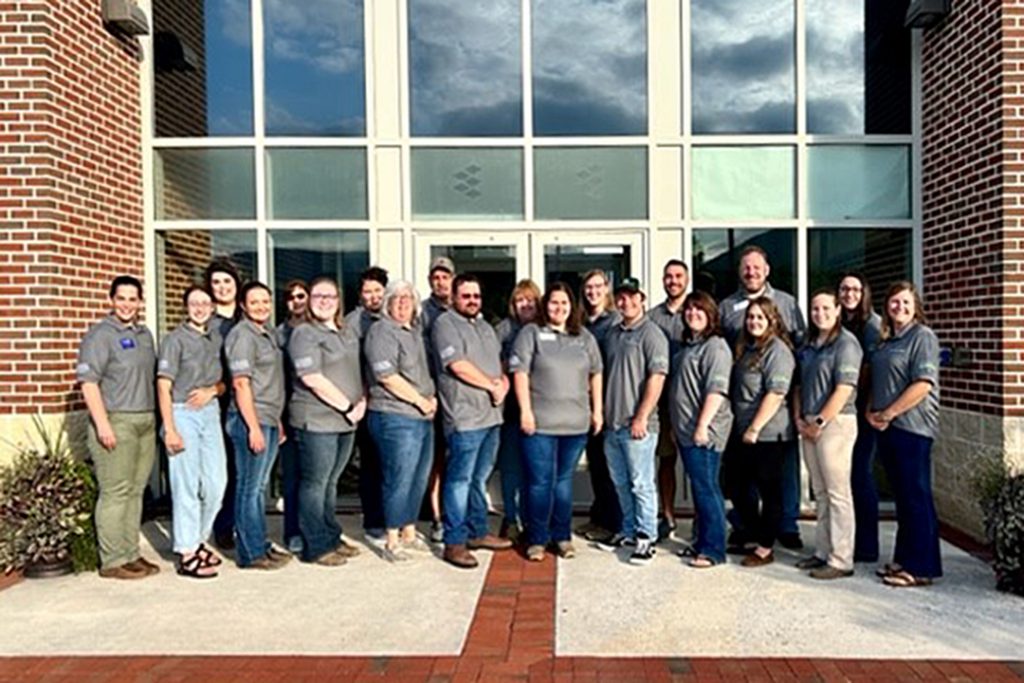
Agriculture teachers in attendance at Eastern’s CASE session, which was held Aug. 9-10 at the college’s campus in Moorefield, represented many county school systems in West Virginia. They also were joined by teachers traveling from New Jersey, Ohio, and Illinois, and all were led by CASE educators Crystal Aukema and Megan Friscia, who are agriculture teachers in New York.
Friscia said it was important for the future of agriculture education that CASE offers lessons to engage middle school students. She said she has observed that once students reach high school, there are so many other interests and activities that they can spend time on, that if they didn’t take part in agriculture activities in middle school, it’s unlikely that they will participate while in high school.
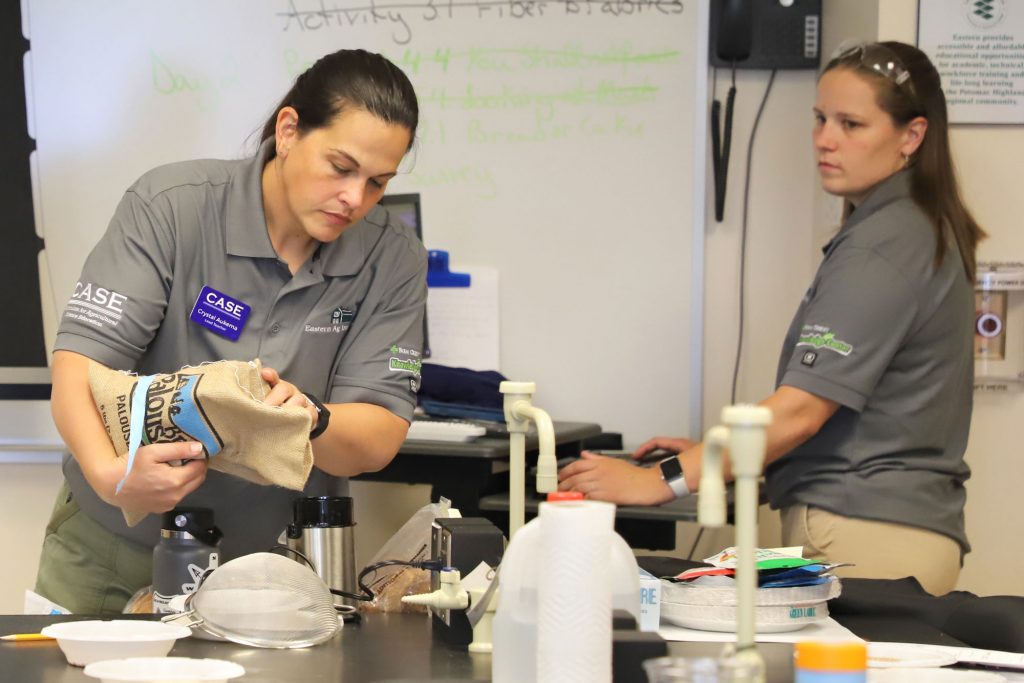
The lessons in this AgXplore course were designed to demonstrate how agriculture plays a daily role in students’ lives, whether they live on a farm or not. Topics covered the history of agriculture, how resources are used in agriculture and then agriculture produces resources used in other products, how food moves from the farm to the table, how to determine the nutritional value of foods, and more.
The participating agriculture teachers were the students for both days of the training, going through each lesson, filling in worksheets as they completed lab activities, making observations, measuring out ingredients, and working in teams to complete multi-step experiments. Building solar S’mores cookers from aluminum pans, cardboard, and tape was one fun activity that the teachers enjoyed (and presumably their students will as well), and they also got their hands dirty mixing and kneading dough made from raw grain (substituting a coffee grinder and wire sieve for a mill) to compare the types of flours produced and determine why some flours work best for different types of baked products.
In every lesson Aukema and Friscia always drew on their own classroom experiences to explain how to adjust the lessons if substitute lab items had to be used, if students needed alternate activity roles because of accommodations, etc. The participating teachers also regularly made suggestions to one another on how to adapt and apply lessons, engaging in collaborative teamwork while reviewing lessons and lab activities.
Carol Webb, an agriculture science teacher at the Mineral County Technical Center (MCTC) in Keyser, who attended with MCTC colleagues Brent Ebert and Julie Sions, praised the workshop. “The CASE training hosted by Eastern provided teachers with a nationally recognized curriculum to enable middle school students to become further engaged in agricultural science, strengthening STEM skills through a variety of meaningful agricultural labs and activities. The class was very beneficial,” she said. “I appreciate Eastern hosting the workshop and providing teachers with this professional development experience that will further support inquiry-based learning for students.”
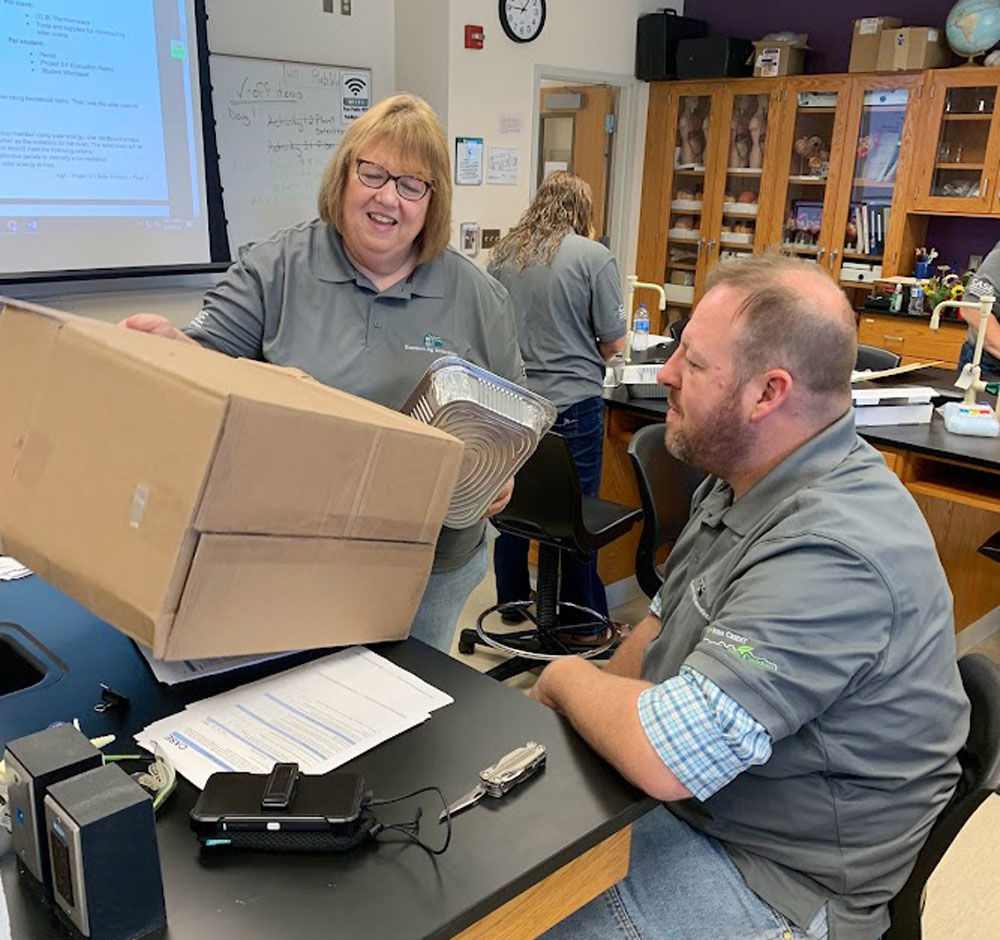
Additional support for the CASE workshop was provided by the West Virginia Department of Education and Farm Credit of the Virginias.
“It was a pleasure to be able to host the CASE AgX Training at Eastern,” said Carissa Beard, Eastern’s director of agriculture innovation. “Bringing trainings and opportunities like CASE to our community to help benefit local teachers is what our program is all about. Eastern is a great doorway for our community to have these types of wonderful learning opportunities.”
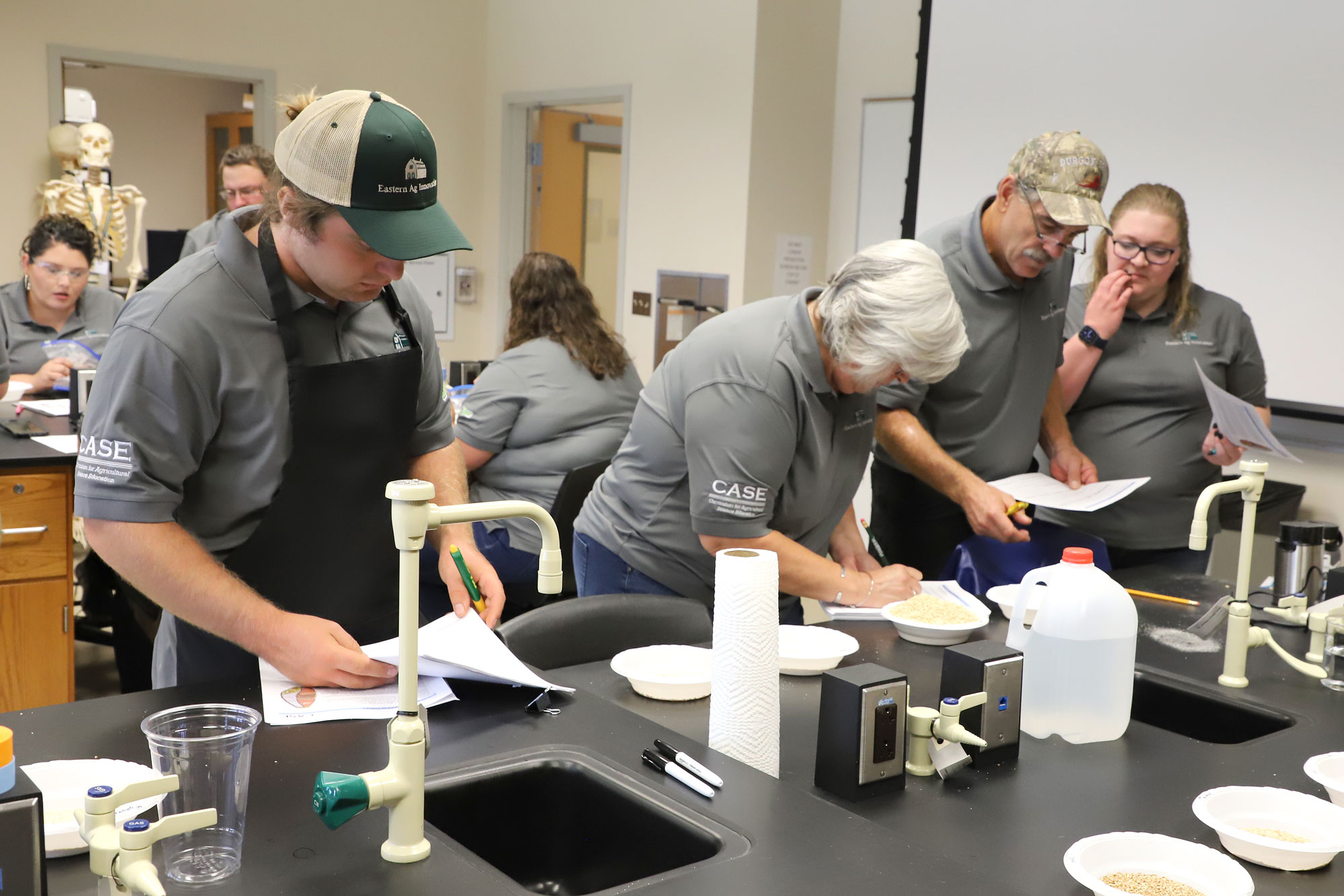
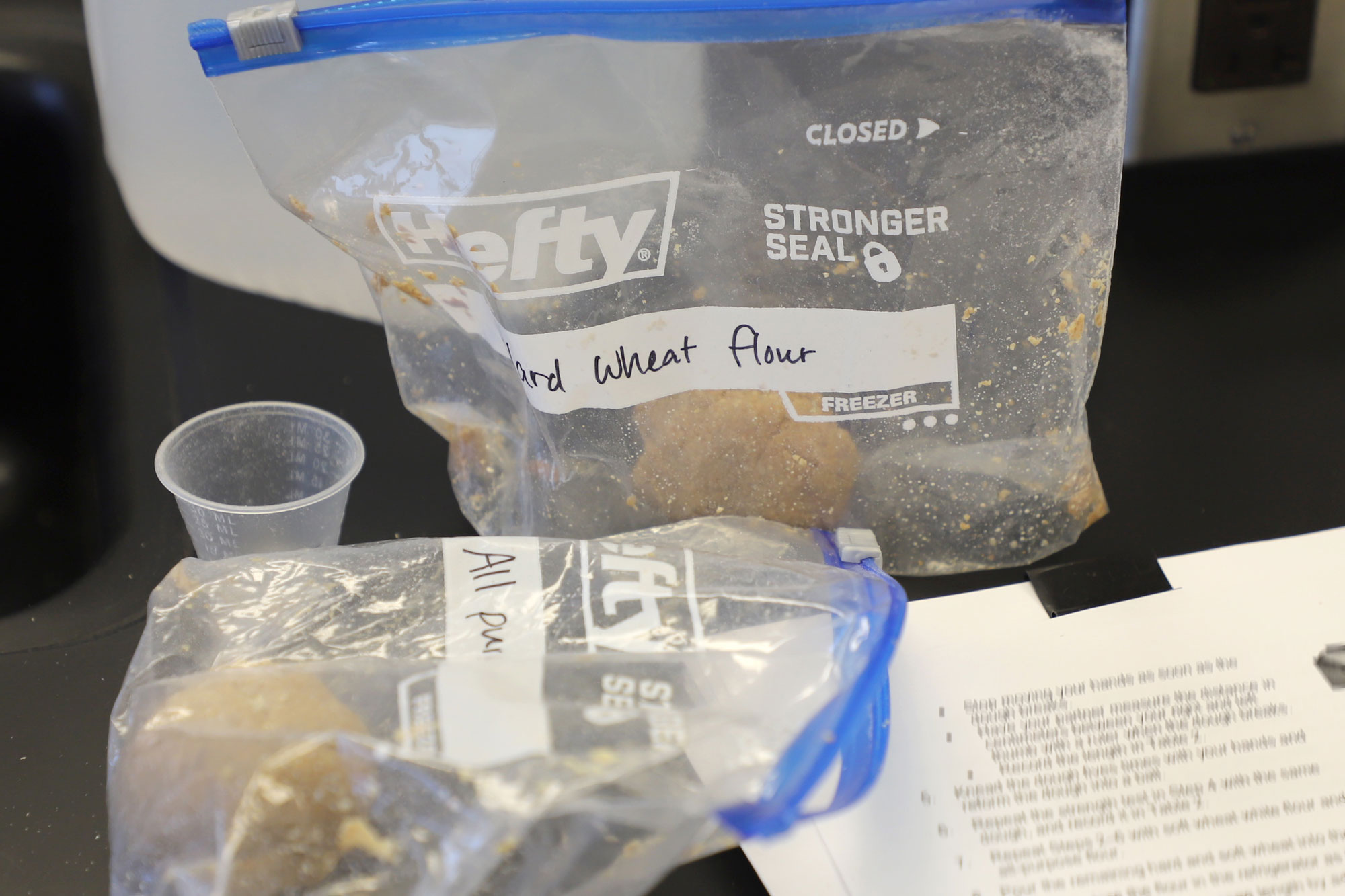
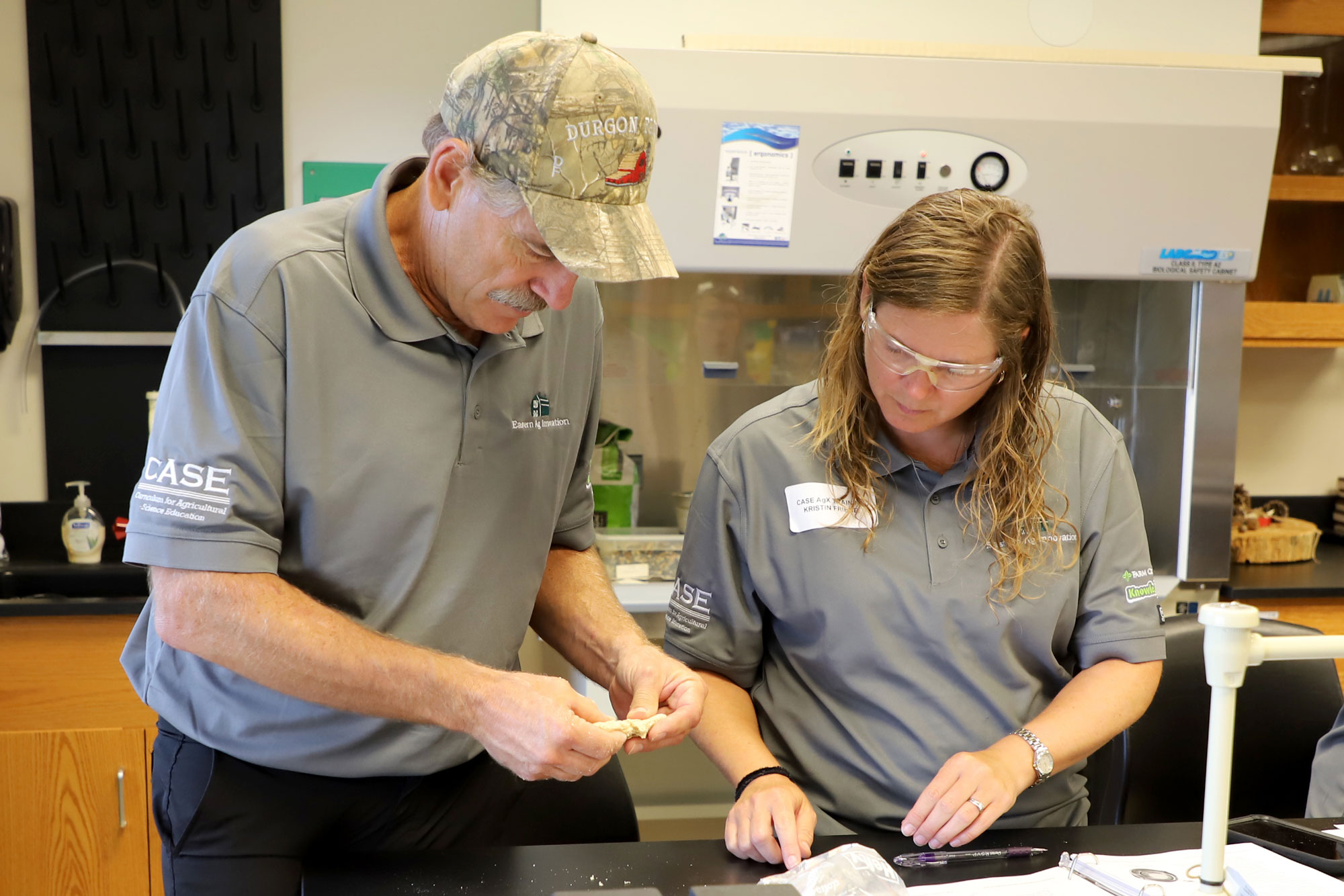
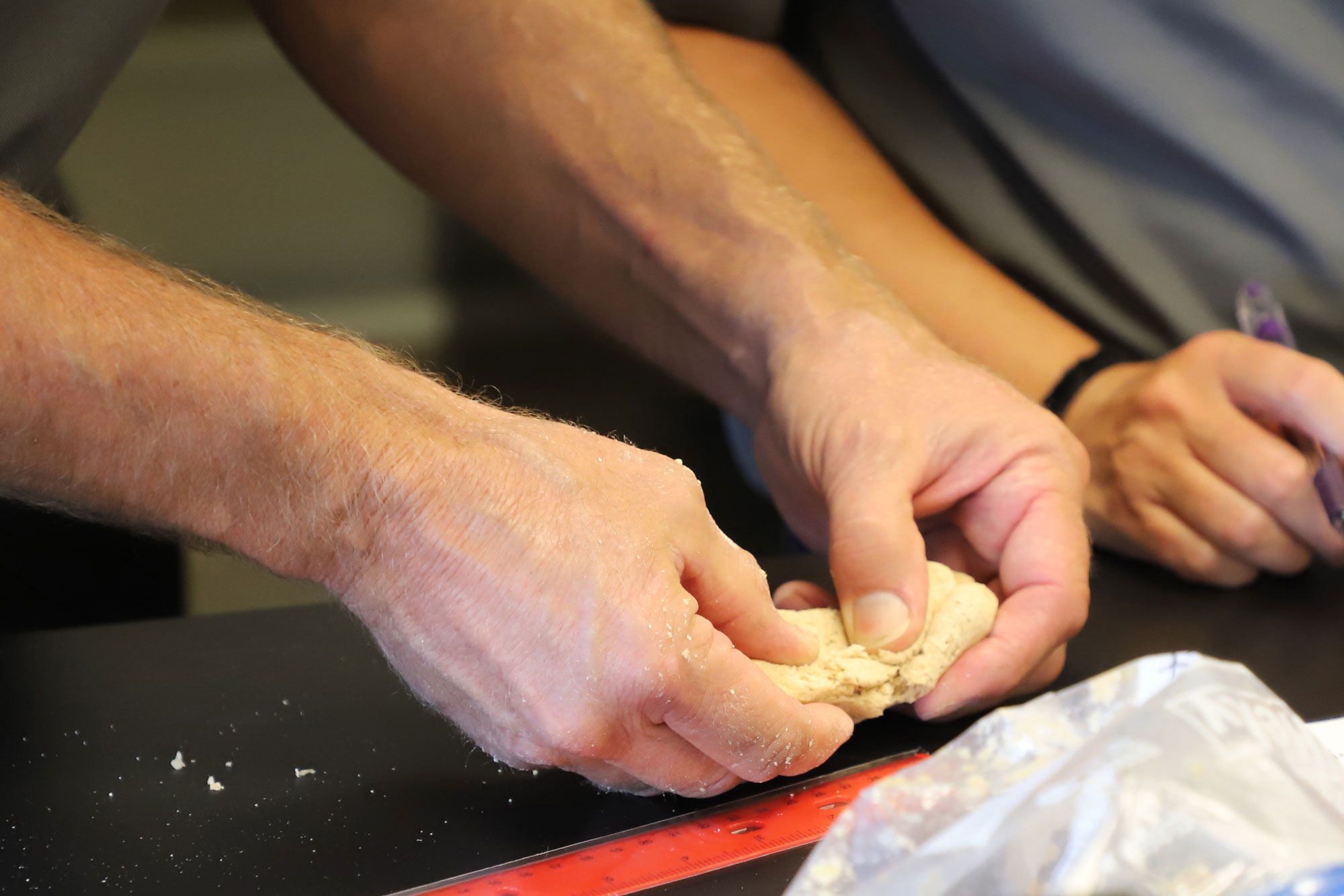
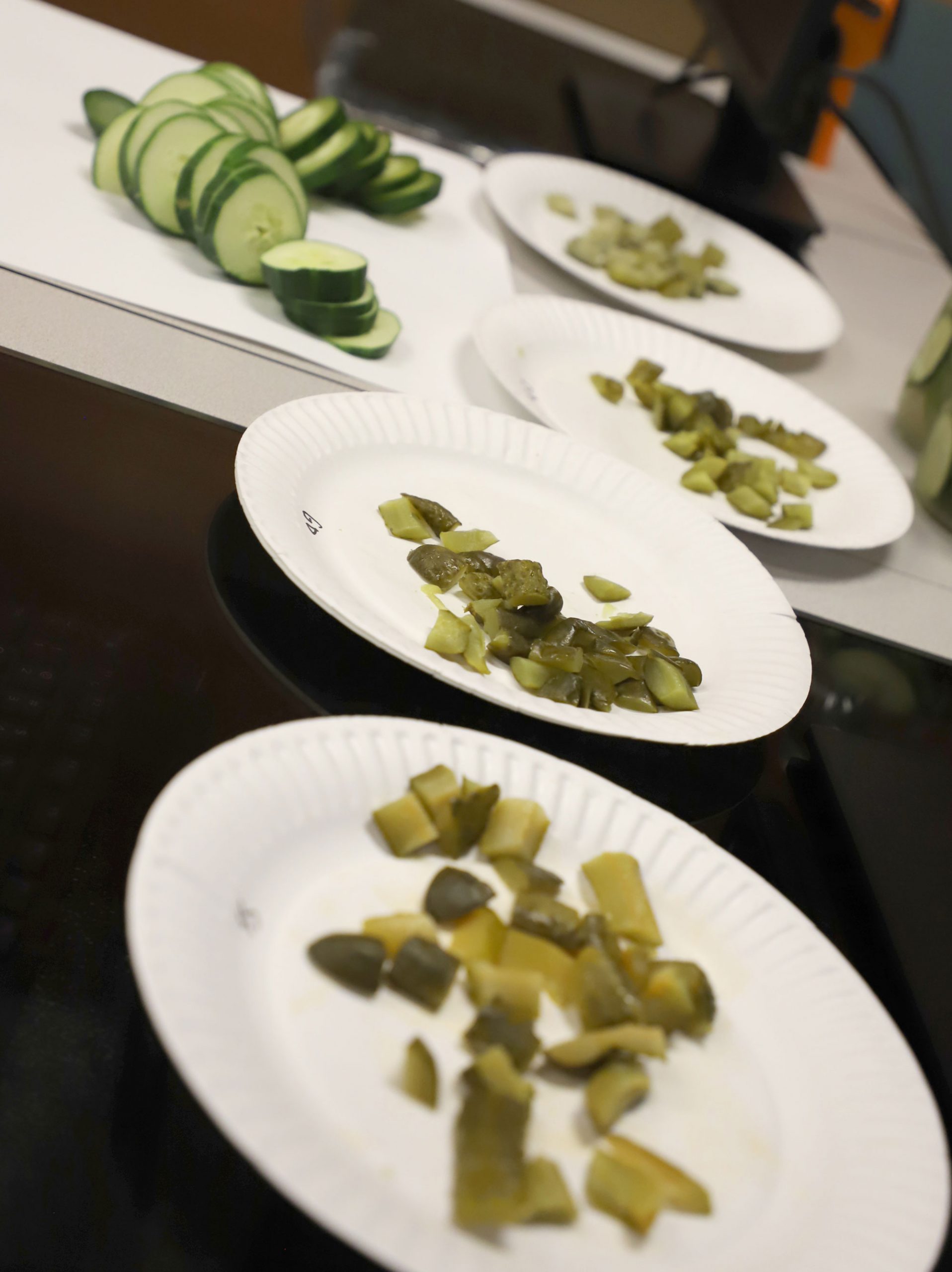
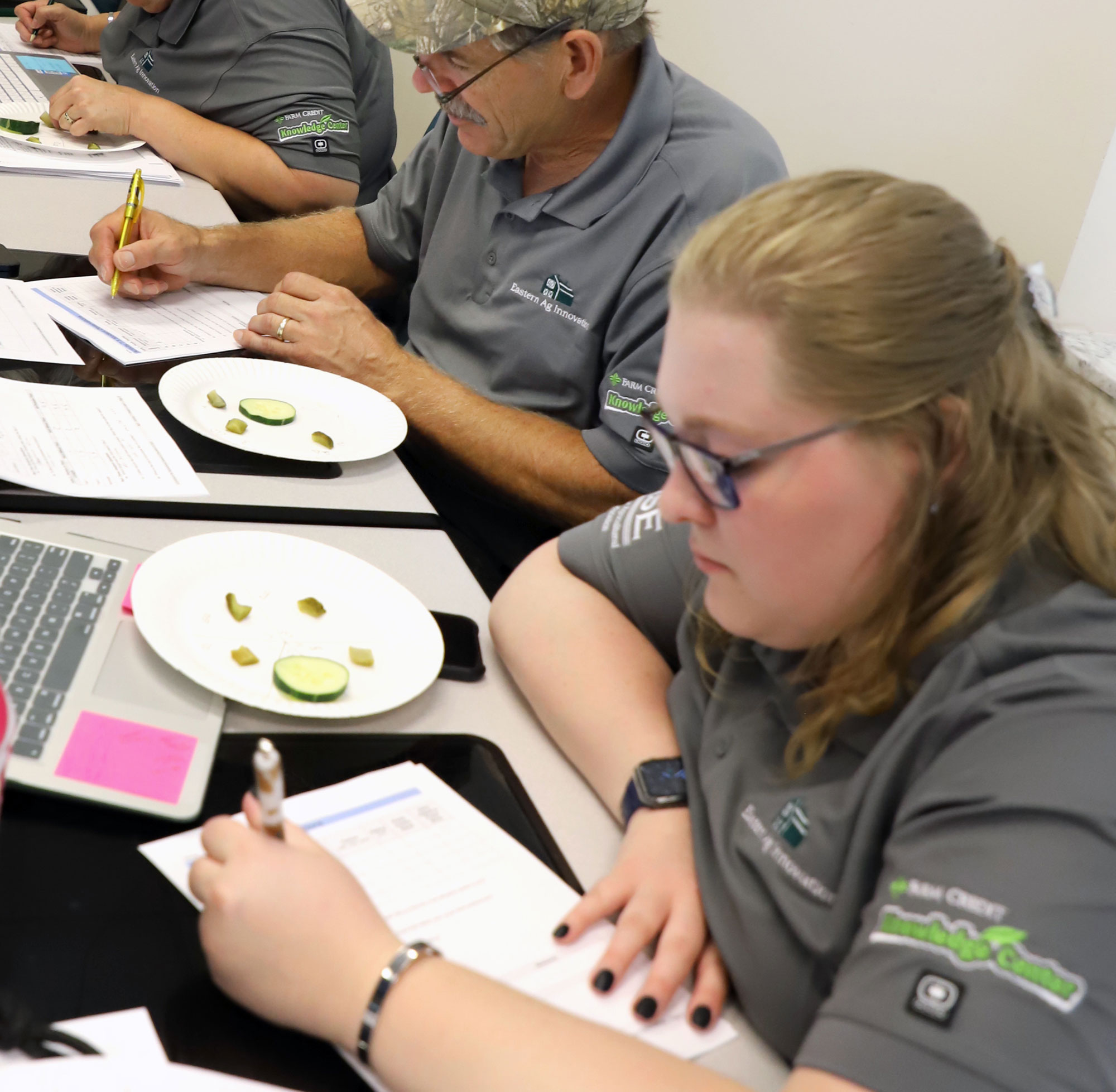
Categories:
